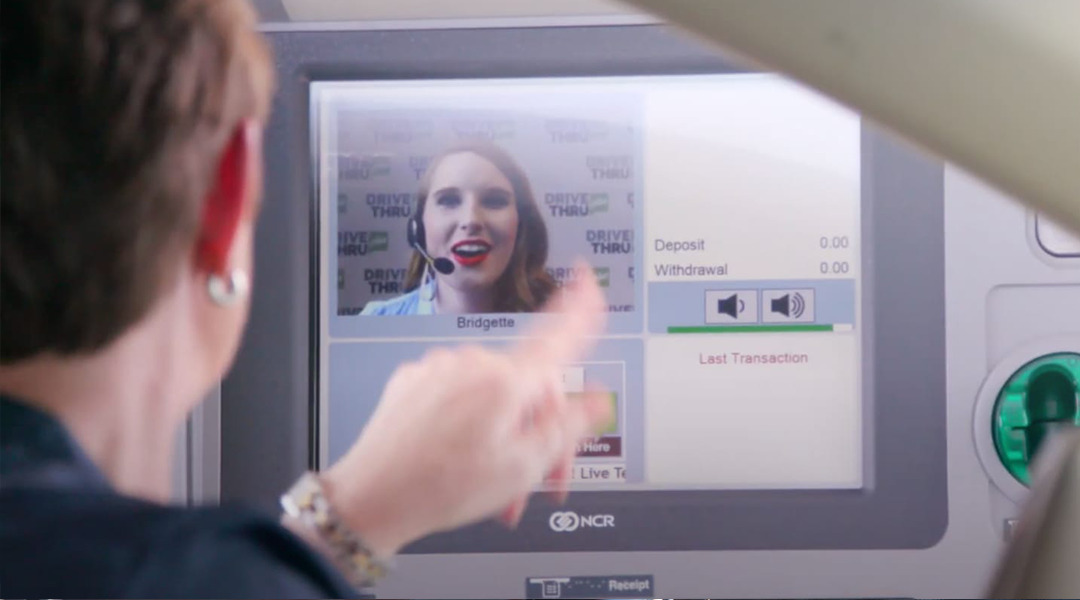
Are You Protecting Yourself?
Take a look at these tips and make sure you aren’t making costly mistakes with your personal information.
Protect Your Privacy
Identity theft occurs when a person (thief) acquires and uses another person’s private identifying information that is mainly used for financial gain through fraud or theft.
Minimize the risk of becoming an identity theft victim by taking a proactive role in protecting your privacy!
- Social Security Number – Date of Birth – Bank Account Numbers – Credit Card Numbers – User IDs – Passwords – PINs (personal identification numbers)
- Do not provide sensitive information online, via mail or over the telephone unless you have initiated the contact or you know with certainty who you are providing the information to. E-mails and Internet pages created by phishers could look “official” and legitimate.
- Do not carry Social Security Numbers, Passwords, and PINs in your wallet or purse
Financial fraud against the elderly is a very prominent and increasingly common issue today. A recent study by MetLife Mature Market Institute estimates that financial losses from this type of abuse are at least $2.6 billion a year. Some of the most common scams are:
- The grandparent scam (the scammer claims to be a grandchild in trouble while traveling in another country and needs you to send money immediately to post bail, buy a ticket, pay a fine, etc.)
- Investment or reverse mortgage schemes
- Bogus sweepstakes/lotteries
- Health care fraud
Knowledge of current scams and how to avoid them are essential in preventing or stopping financial fraud. The FBI offers these tips:
- Never sign blank forms or give blanket authorization to any person or entity, especially those you do not trust or know for certain to be legitimate.
- Be an informed buyer. Understand what the costs should be and research before paying fees.
- Do not buy from an unfamiliar company – buy only from reliable sources. If a company is not one you have heard of, look into its legitimacy, including the company’s address.
- Make sure you understand investment and assessment terms. Know exactly what you’re putting your money into.
- Be leery of an agreement that allows you to own a home without a down payment.
- Do not respond to ads/announcements or send money or checks to unsolicited sweepstakes or lotteries that you did not enter.
- Avoid the grandparent scam. Verify that the caller is actually your grandchild before sending or wiring money. Contact your grandchild, their parents or even siblings who can confirm their whereabouts and ensure that they are safe.
Bank of Tennessee will never request a customer’s Social Security Number, dates of birth, Bank account numbers, Credit or Debit card numbers, PINs, Passwords, or other personal sensitive information via e-mail.
College students across the United States continue to be targeted in a common employment scam. Scammers advertise phony job opportunities on college employment websites, and/or students receive e-mails on their school accounts recruiting them for fictitious positions. This “employment” results in a financial loss for participating students. Learn more here.
Bank Statements, Credit Card Statements, Checks, or even other sensitive information is delivered by mail right to your mailbox. This information could be very valuable for thieves. You could also put in the mail a check or papers containing sensitive information. A flag indicating there is mail to be picked up is an invitation to thieves.
- Quickly remove incoming mail from your mailbox, and place it in a safe place.
- When mailing sensitive information (statement- checks, etc.), please take it to the post office collection box or personally deliver the mail to the carrier.
- Do not leave mail containing sensitive information in you mailbox waiting to be picked up.
- Consider receiving electronic statements that are directly delivered to a safe e-mail address only you have access to. Learn more about Easy Statements.
- Contact your financial institution or Credit Card Company should your statements have not arrived on time.
- Do not provide your card number over the telephone unless you initiate the phone call.
- Save transaction receipts to check against monthly statements
- Check your statements (Bank Acct – Credit Card) regularly and compared them to your receipts for accuracy and/or irregularities.
- Carry only the cards you need
- Shred old or expired cards
- Shred old credit card and/or bank statements should you decide to discard them
- If your card has been lost or stolen, please report it immediately. Acting fast limit the liability for charges you did not authorize.
PINs and passwords are part of our everyday life. We have too many PINs and passwords and let’s face it, they are hard to remember; this will cause many people to use the same passwords for several accounts. We need to remember that PINs and passwords could be our only line of defense against intrusion. Following a few simple steps could minimize the risk of intrusions.
- Do not write your PINs and passwords on paper. Memorize them instead
- Change default passwords immediately
- Change your passwords on a regular basis
- Mix and Match – Strong Passwords usually contain
- Upper case letters
- Lower case letters
- Numbers
- Special Characters (i.e. #$%^)
- Avoid selecting PINs and Passwords containing personal information (i.e. DOB, SSN, address) or that are easy to figure out.
- Do not reuse passwords or PINs on websites.
- Most Common Passwords
Review or download these helpful tips to protect your account online.
Criminals may pose as a security, customer, or technical support representative offering to resolve such issues as a compromised e-mail or bank account, a virus on a computer, or to assist with a software license renewal. Some recent complaints involve criminals posing as technical support representatives for GPS, printer, or cable companies, or support for virtual currency exchangers. Learn more here.
 At Your Service
At Your Service DRIVE THRU plus
DRIVE THRU plus